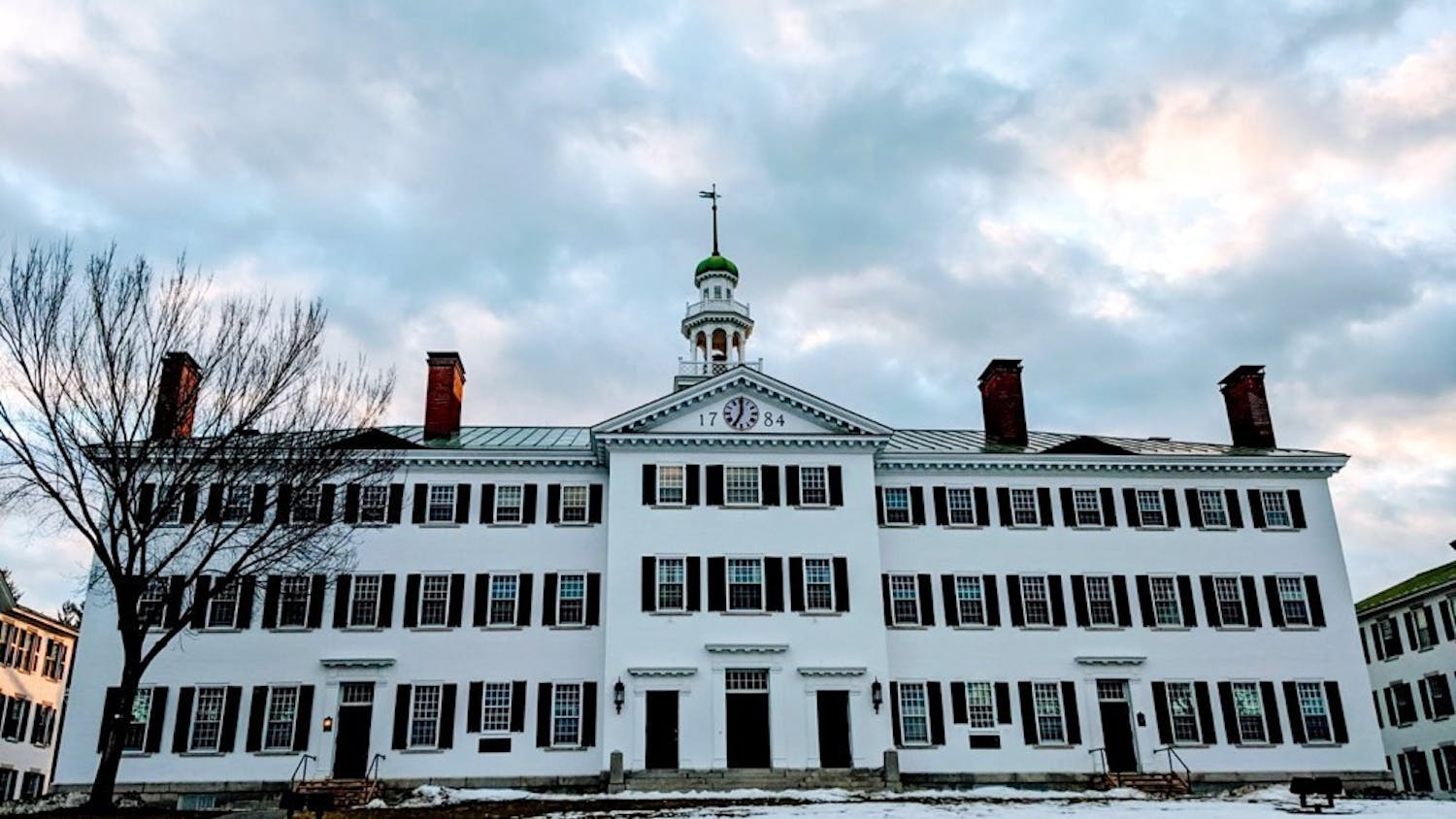"I don't think he knows how to relax very well," she said.
Paulson entered academia this spring when he joined Johns Hopkins University's Paul H. Nitze School of Advanced International Studies as a distinguished visiting scholar. Paulson, who does not teach in his current position, is using the opportunity to conduct research for his book, Seth Colby, executive director of the Bernard L. Schwartz Forum on Constructive Capitalism at the school, said.
Professors and students were excited when they learned that Paulson was joining the institution, Colby said, and several professors have tried to incorporate him into their courses. Paulson has already given a lecture about the Chinese economy, Colby said.
"He gives an interesting and candid view of the relationship between different markets and policy formation work," Colby said.
Although Paulson still engages in high-level meetings with government officials and does not eat in the school cafeteria, he is on the JHU campus "most days" and interacts with faculty and students, Colby added.
"Occasionally, students will ask him to sign a dollar or take a picture, but for the most part students have become used to the fact that he walks around campus," Colby said.
John Gilbertson '79, a managing director at Goldman Sachs and friend of Paulson's, said the position allows Paulson to consider his future career goals without making any long-term commitments.
"It's a nice bridge between [Paulson's] official role in government and what he's going to do next -- a nice place to be productive and contribute, but not on a longer horizon," he said.
Gilbertson said it is "pretty unlikely" that Paulson, the former CEO of Goldman Sachs, will return to finance. He said he expects Paulson to become involved in the nonprofit sector, working on issues of conservation, energy and global climate change.
"If he finds the right means for doing so, that will be the thing you will see him dive in and pour his efforts into next," he said.
Paulson may consider accepting another government position if he can work on these types of issues, Gilbertson said.
"Whether or not it is a U.S. government-sponsored activity wouldn't be the litmus test," he said.
Gilbertson said he has not spoken to Paulson about his legacy, adding that it is too early to assess Paulson's tenure as secretary. How people remember Paulson, Gilbertson said, will largely depend on the final outcome of the recession.
Dartmouth government professor Joseph Bafumi agreed that Paulson's legacy will depend on the country's financial situation in coming years, saying that Paulson "met the financial crisis head on."
Paulson's handling of the financial crisis damaged his reputation, government professor Linda Fowler said in an e-mail to The Dartmouth. Fowler said his three-page bank bailout proposal in October 2008 and the executive bonus controversy were examples of Paulson's "lack of political savvy."
"With the benefit of hindsight, one can see plainly that the regulator authority for both Treasury and the [Federal Reserve] were inadequate to address the problems," she said in the e-mail.
If the economy recovers quickly, Paulson's reputation will also likely recover, Fowler said.
"But if it doesn't, then the missteps will be his legacy," she said.
Gilbertson said he has heard that Paulson looks "more relaxed since he has been released from the pressure cooker of Washington politics," although he said has only spoken to Paulson via telephone since he left the Treasury.
"He is a workaholic who is committed to work-life balance," Gilbertson said. "At the same time, when duty called, he did not spare any effort or energy."
Paulson was unavailable for comment.




